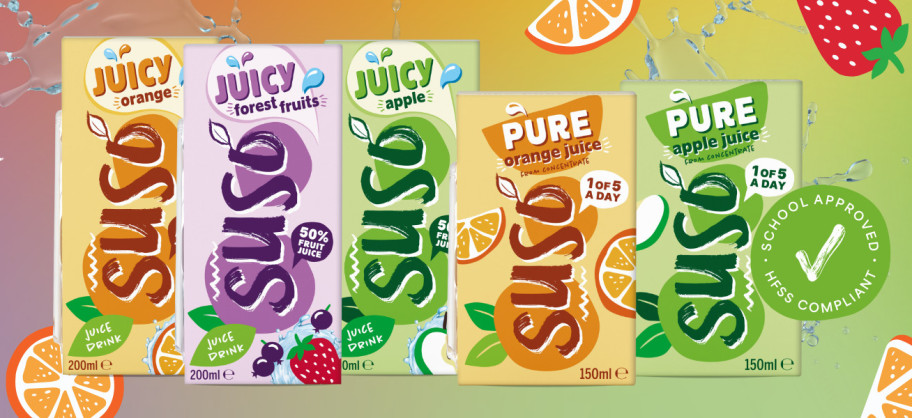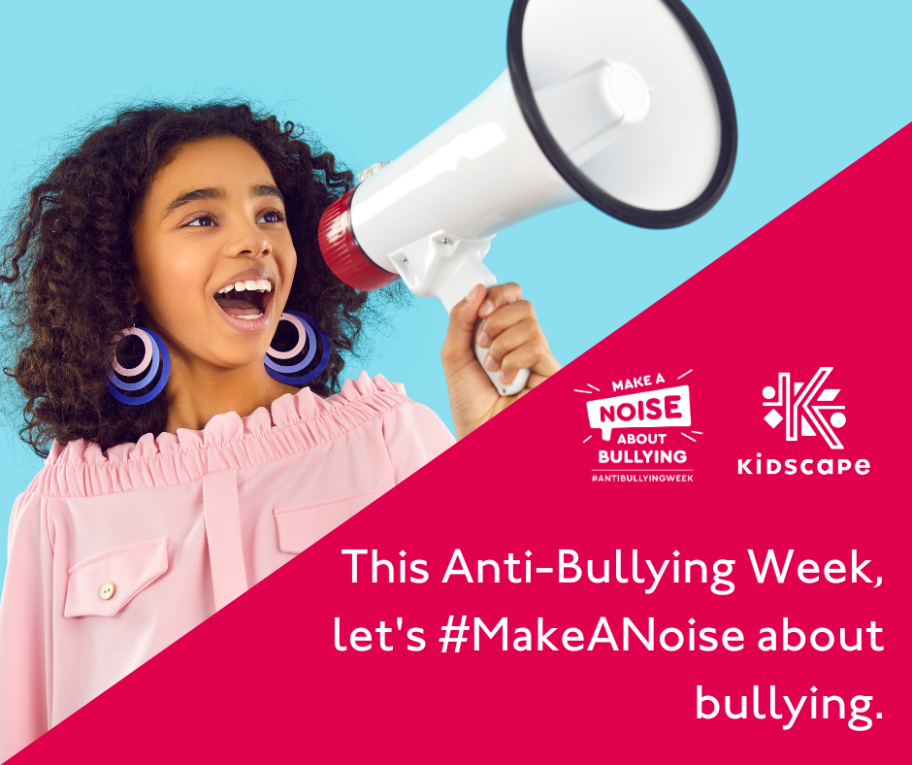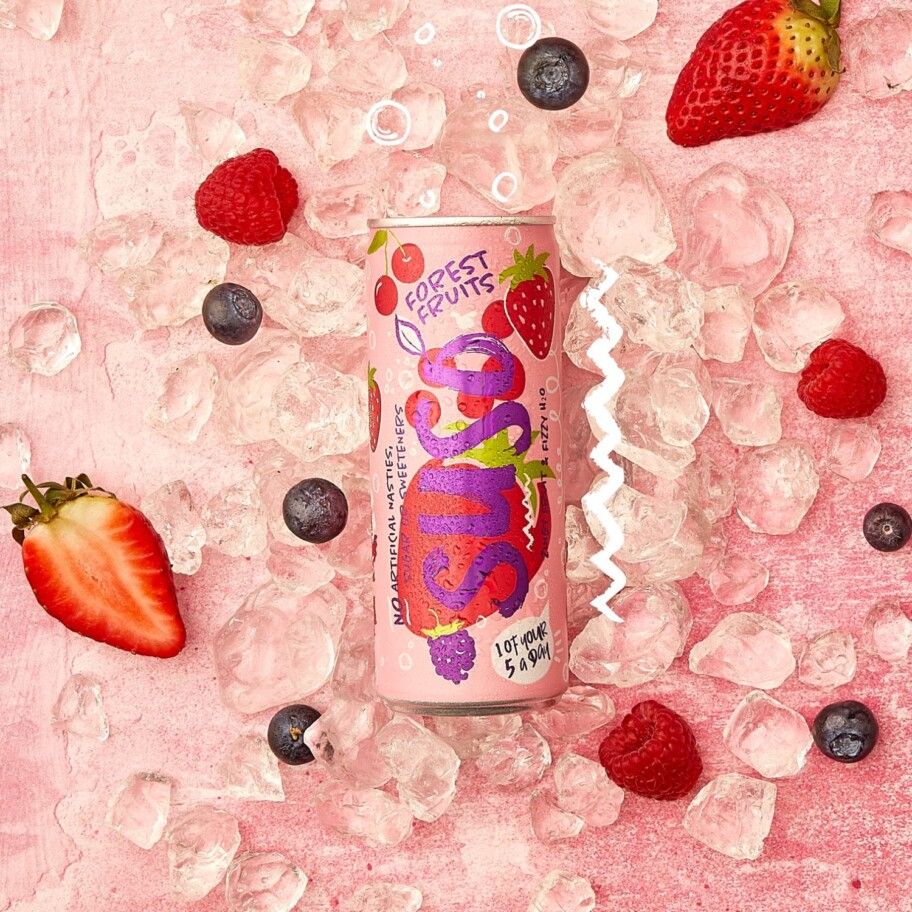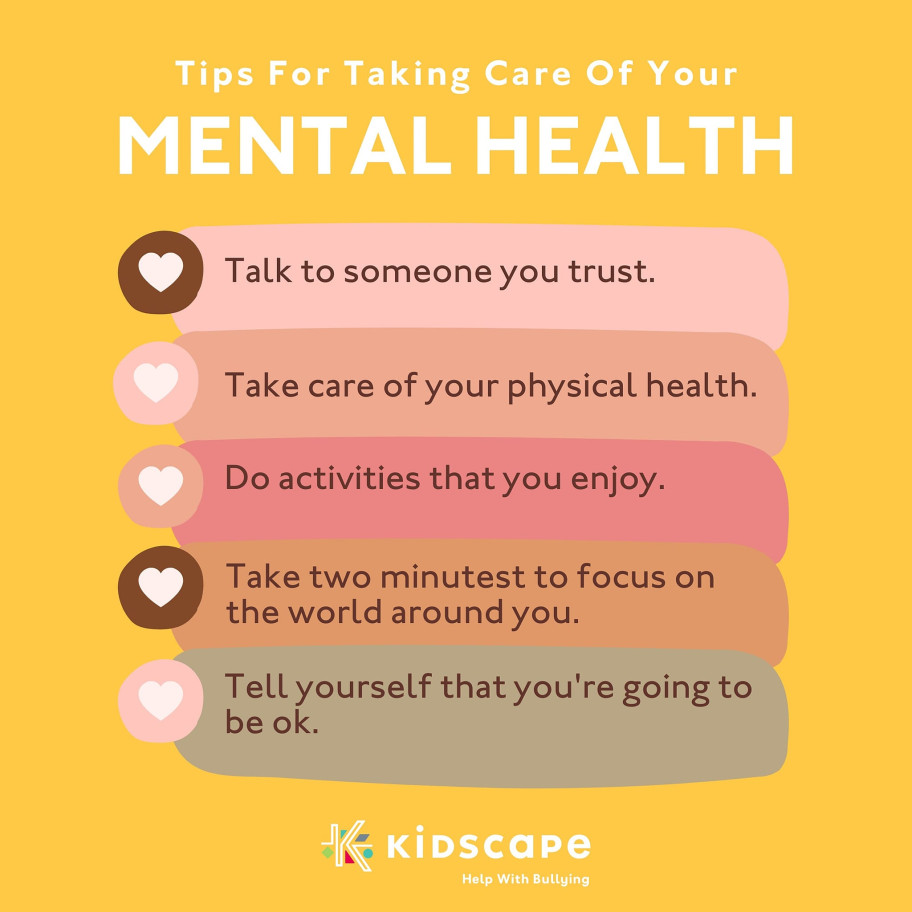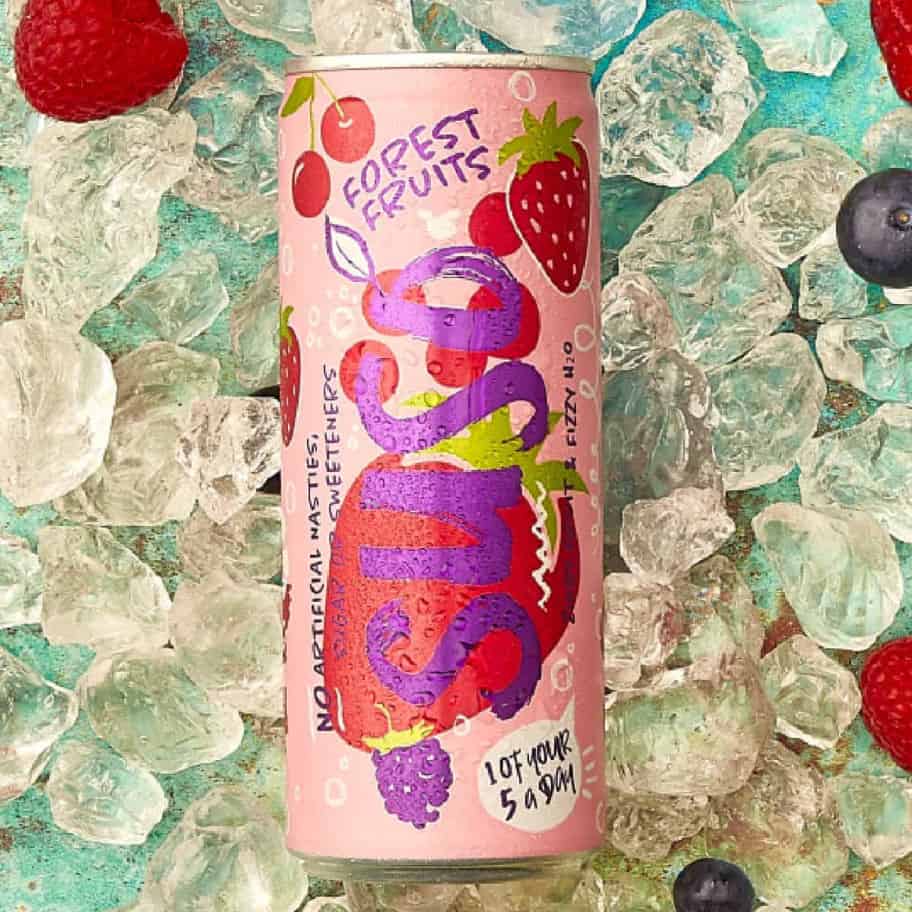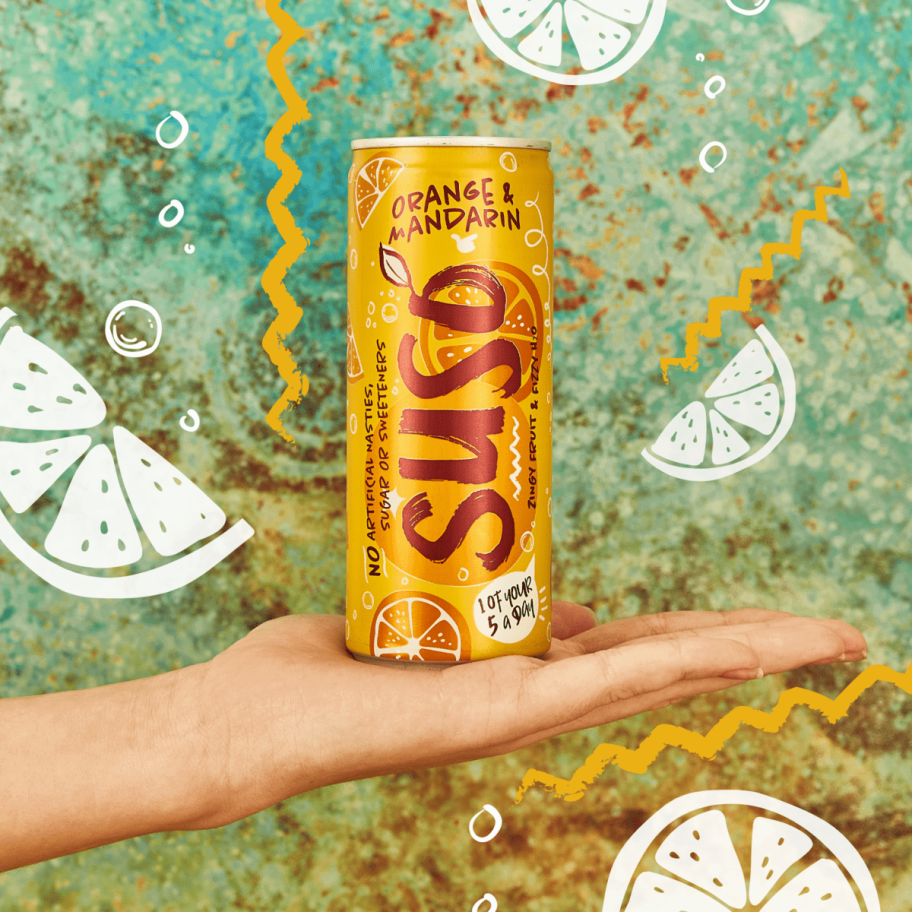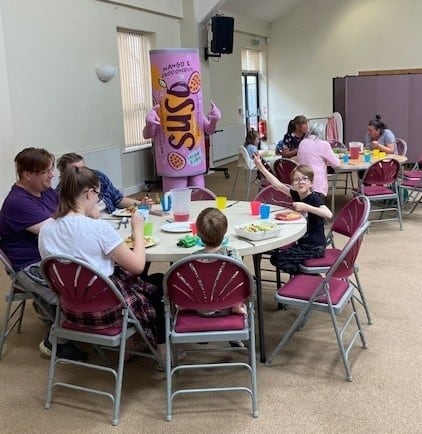The importance of having good friends
We all have those go-to friends we can share our dreams, worries and concerns with, the ones we can act silly with, the ones that make us laugh, cheer us up when we are down, and listen to us without judgement. Good friendships give us those warm feelings inside; they make us laugh and are missed when they are not around.
What is a good friend
A good friend is someone who inspires us to be ourselves, to reach for the stars, to never quit and to carry on. Good friends help us when we feel we need someone who understands us, even when we may be moody and not in a good place. Not being judged and accepted for who you are.
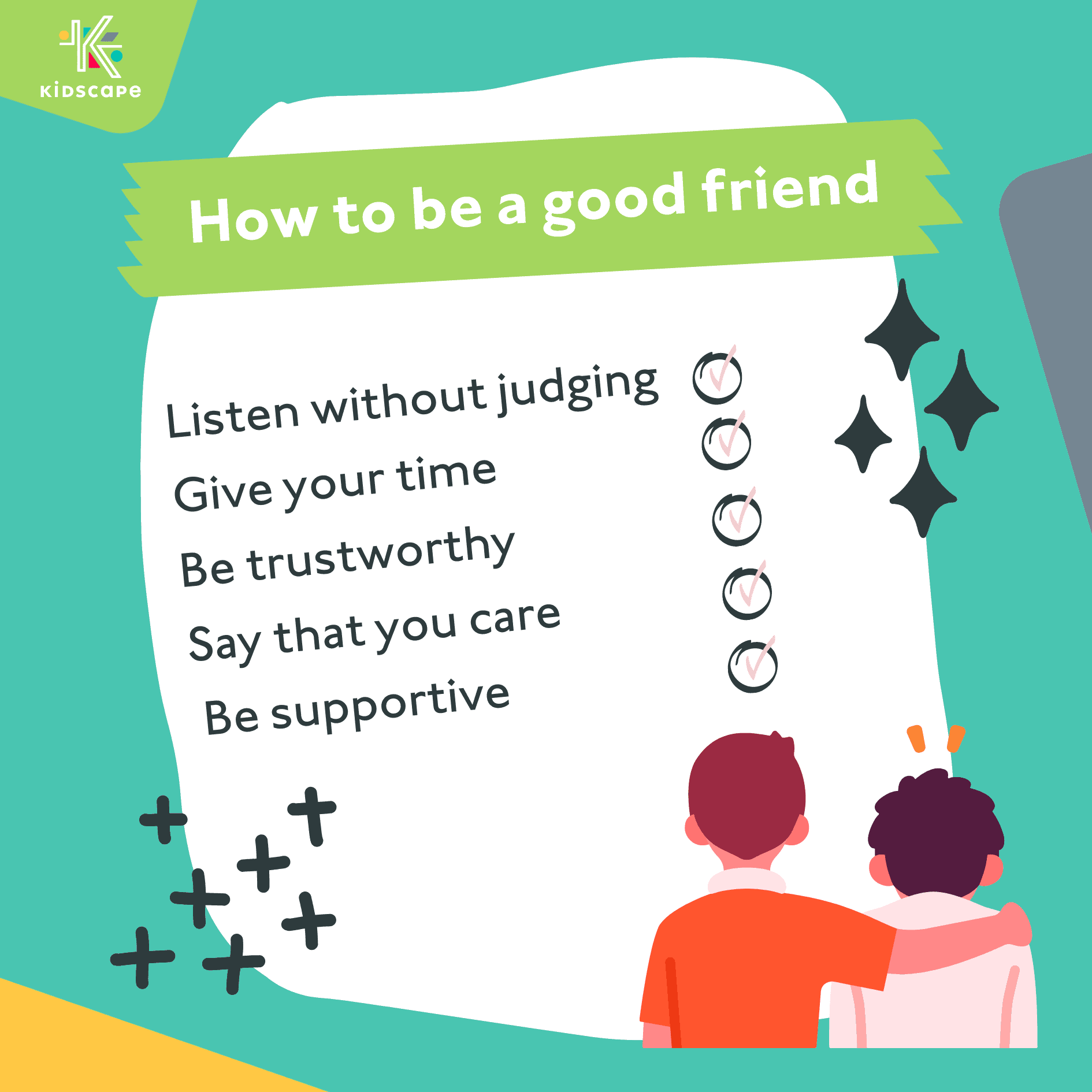
When I listen to children talking about their friends during our ZAP workshops, it is evident that having a ‘bestie’ fulfils them, especially if the friendship exudes equality, kindness, acceptance and compassion. But what happens when a friend, or so-called friend, does not possess those qualities, or if they do, other less positive qualities exist too?
Toxic friends
A toxic friend will often make us feel good, but the friendship is tainted with other traits such as feelings of exclusion, paranoia that they are talking about us and unacceptance of other friends in the friendship group to the point where they make you choose between them. Toxic friends will also make a situation all about them to get the attention and focus solely on them, making everything a drama. They make comments in front of others, which cause hurt but make out it was only a bit of fun or banter. We may question our worth based on how the toxic friend has made us feel, and we may become isolated from others as we start to experience low self-esteem.
What can we do about toxic friends? Firstly, we must acknowledge that the friendship has run its course and no longer works for us. Often, the friends we make in primary or secondary school last for a lifetime, but on other occasions, we outgrow each other – that is part of our life journey and no reflection on whether we no longer get along. We all grow and, in doing so, we develop new interests that we may no longer share with our friends, so slowly, the relationships fizzle out.
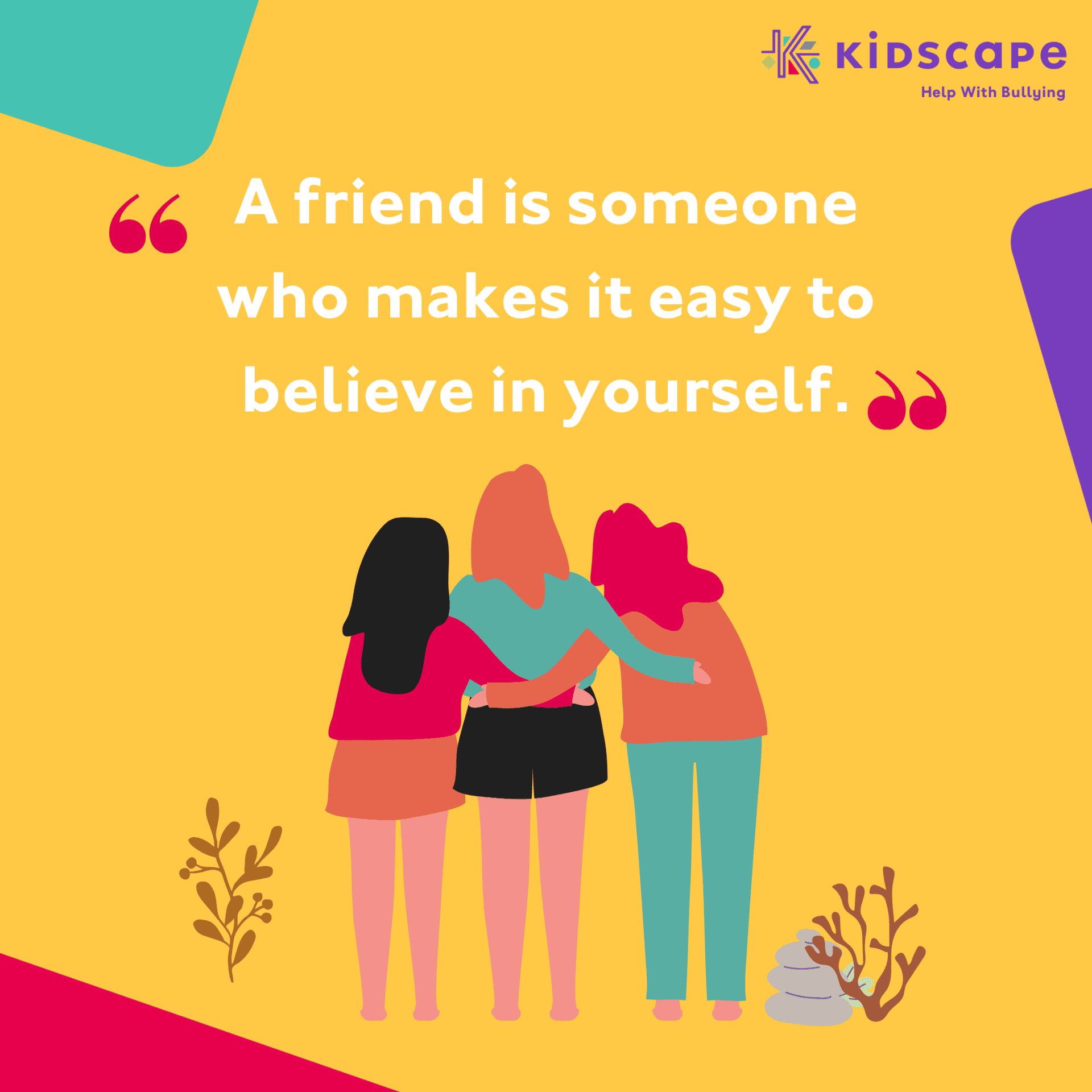
If a friend is not making you feel good about yourself when you are with them, it may be time to reflect on what exactly you are getting out of the friendship. It takes a lot of courage to face this alone, and it is also sad to admit and recognise when a friendship is coming to an end, but it can still be done without any animosity. Talk to the person in question, be honest and share with them what no longer works for you. If you find this hard, ask a parent, carer, or trusted adult, like a teacher, for their advice and how they would manage this situation. Speaking to friends who are not making us feel good may help to improve the friendship, but sometimes we must also be prepared to walk away from them.
Having good friends makes us happy, and the feelings we get from positive relationships make us stronger emotionally and mentally. The best thing you can do is be a good friend and surround yourself with people who care for you and value you for who you are. Happy International Day of Friendship!
Written by Carole Phillips, Kidscape‘s Regional Manager for Wales

